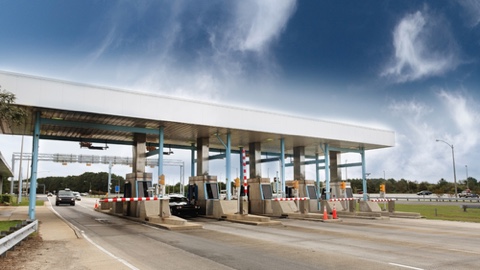
With growing urban populations relying on city services, smart cities initiatives are being established globally to maximize the usage of limited and increasingly expensive resources.
Smart city initiatives carry with them many goals, centered on improving the life of citizens. Investments are being fueled by the potential of using technology to solve urban problems, by monitoring and interpreting the state and usage of city assets. With advanced networks to carry vast volumes of data, and data-generating sensors becoming part of the fabric of industries from transportation to healthcare, cities can monitor and analyze everything from water levels, energy usage, traffic flows, security cameras, or help residents navigate traffic, report potholes and vote.
Although not always the leading objective, a smart city monetization strategy should be executed as an integral part of any program. Today, cities already monetize services, directly or through strategic partnerships, such as usage based services including water and parking. User pay services are an important part of city funding and the data available in a sensor based architecture means that charging can be more granular than ever – and potentially provide more value for the citizen.
How will this play out in the smart city? Citizens can benefit from lifestyle offers that add incremental value to their daily lives. Take for example a ‘parking and recharge bundle’ for vehicles, as a consumer uses an app to request a space, the identification and reserving of a parking space itself is a chargeable offering, as may be a premium charge for parking at a prime location, and a small fee to provide remote security monitoring, and an optional fee for charging the car’s battery at the space.
Or take an example that benefits the city and private enterprise, like Toll Roads being replaced by ‘Toll Routes’ – dynamically creating and pricing recommendations for heavy vehicles with an optimal route through a city, helping to reduce transport emissions, time and fuel consumption.
To offer these value-added services, a monetization overlay is implemented to facilitate the enormous amounts of sensor-based microtransactions generated. Organizations, whether cities or other organizations in the value chain, will require the ability to manage data collection, mediation and analysis processes through to revenue invoicing and supplier settlements on a massive scale.
To reduce the risk and cost of monetization overlays, city planners and their partners will benefit from leveraging cloud-based digital enablement platforms to work from a low cost, quick to market infrastructure, and deliver access to a catalog of smart city services to be offered. Cloud-based platforms can deliver functionality as a stable Software-as-a-Service with the regular updates needed for fast moving technology and emerging standards – as well as operating in highly scalable, geographically dispersed environments. The integration with cloud-based provisioning, activation, collection and analysis solutions will provide the framework to deliver the smart city consumer experience.
There has never been a better time for city planners to consider smart city initiatives as a path to positioning their city as a destination for digitally-savvy consumers. Integrating a monetization strategy in parallel means existing revenue sources are protected and enhanced, and opens the door to new opportunities to fund city initiatives, including the smart infrastructure itself. For more information visit info.csgi.com/ssc18.


